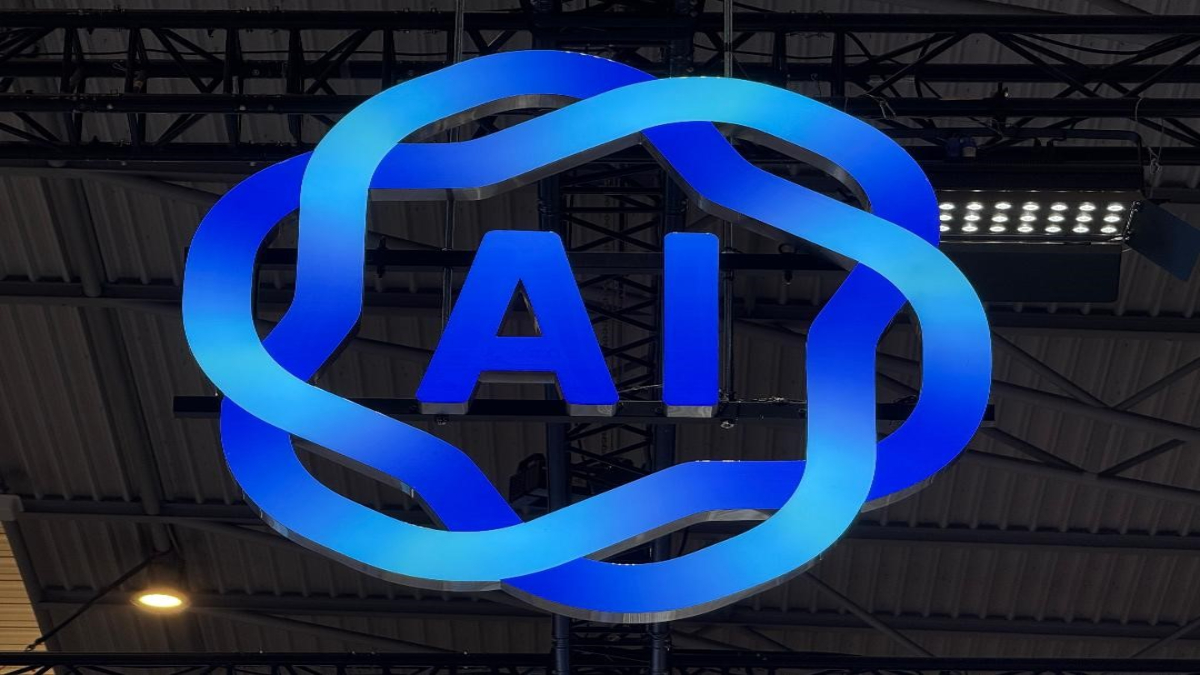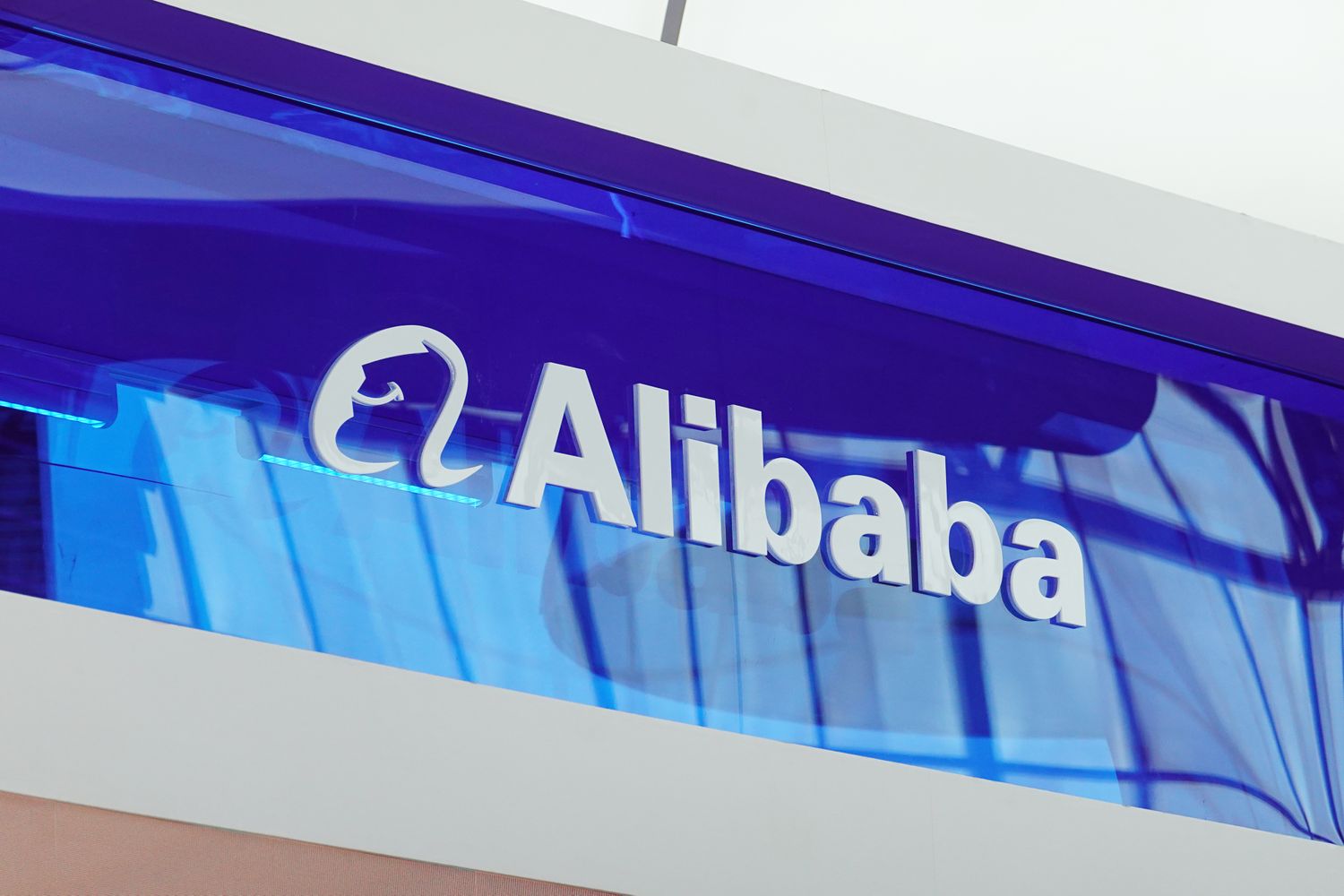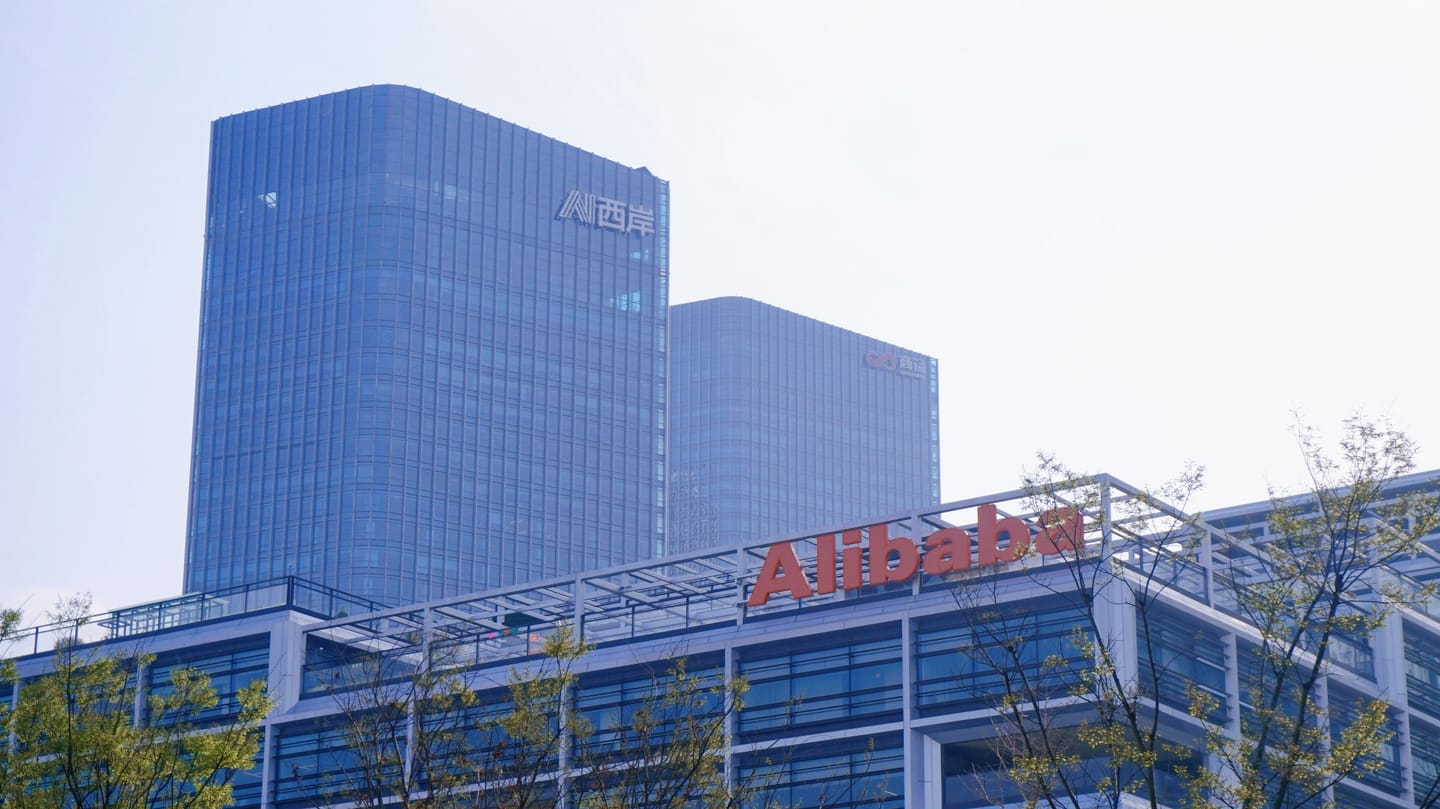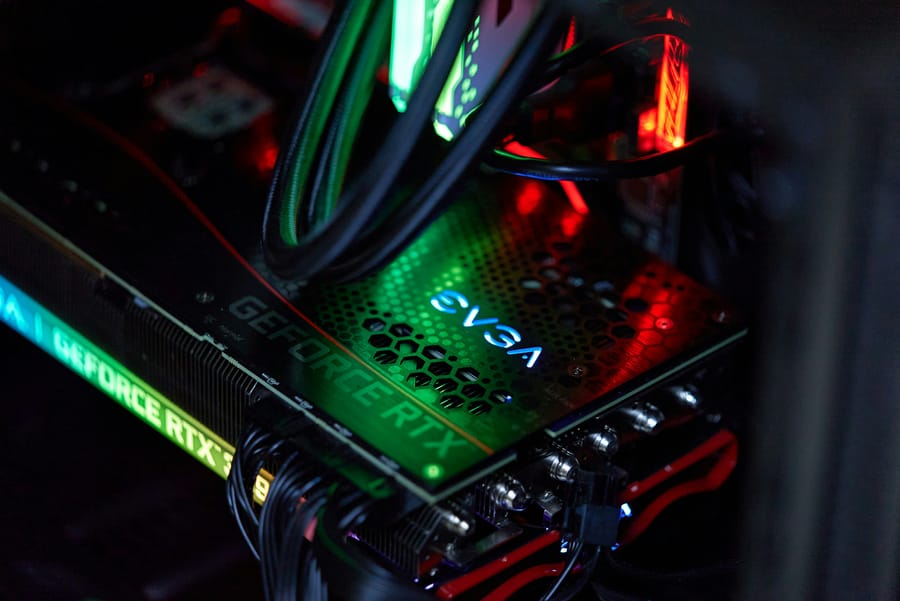Chinese commerce giant Alibaba is developing a new artificial intelligence chip specifically designed for inferencing rather than training tasks. The new semiconductor, created by the company's cloud computing division, represents a significant advancement from its previous Hanguang 800 chip released in 2019. This reflects Chinese technology firms' efforts to reduce dependence on foreign AI chip suppliers.
The chip development coincides with Alibaba's announcement to invest at least 380 billion Chinese yuan ($53.1 billion) in AI infrastructure over the next three years. The new chip, currently undergoing testing, is being manufactured in China, unlike the company's earlier AI processors that were fabricated by Taiwan Semiconductor Manufacturing Company (TSMC). This shift aligns with Beijing's push for semiconductor self-sufficiency, particularly after the United States restricted sales of advanced Nvidia chips, including the H20, to China. This happened despite the H20 being specifically designed to comply with export controls.
The Hangzhou-headquartered company is already seeing the benefits of its investments, with the revenue from cloud-based services jumping 26% year-on-year. Furthermore AI-related product revenue maintained a triple-digit year-over-year growth for the eighth consecutive quarter, the company stated. Alibaba, in line with Chinese government directives, plans to use both its own chips and semiconductors from other vendors like Nvidia. Though the new chip is intended exclusively for internal use and will not be available to external customers.
Sources:













